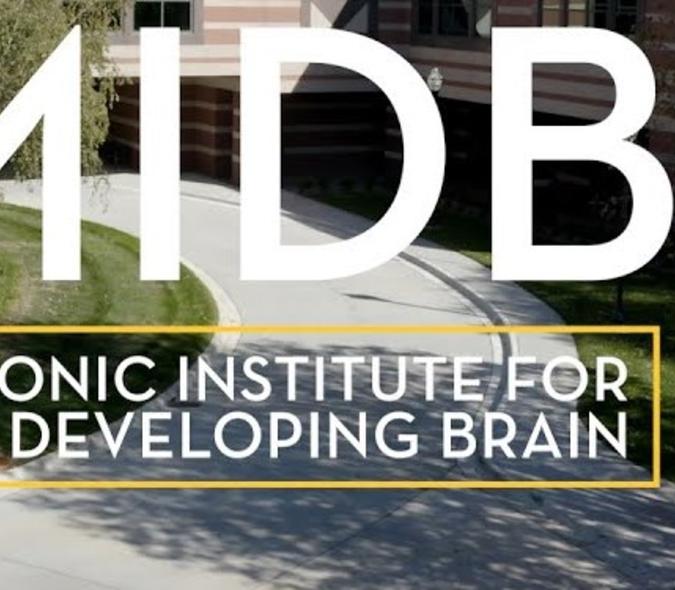
Investigating the causes of mental illness key focus for new faculty member
Caroline Demro, PhD, recently joined the Adult Mental Health Division as an Assistant Professor and Psychologist. She will spend 80 percent of her time doing research, and 20 percent focused on patient care at Riverside Clinic in Minneapolis.
Demro is building on her postdoc work in the Cognition and Brain in Psychopathology Lab led by Scott Sponheim, PhD; and in the Translational Research in Cognitive and Affective Mechanisms Lab led by Angus MacDonald III, PhD. Research attracted her because she wanted to learn more about how mental health conditions arise.
Improving care
“I’m also passionate about improving care so individuals affected by these conditions can live the lives they want,” she said. “Research offers a systematic way to answer my questions and provides the tools to discover underlying causative mechanisms and new treatment targets.” Demro’s overarching research goal is to enhance outcomes in psychotic disorders by developing early detection tools and improving treatments.

Demro (pictured here) is currently interested in neuroplasticity and the power of more accessible tools such as cognitive training to improve the brain’s efficiency and capacity. “Neuromodulation has an important role in psychosis and carries tremendous treatment potential,” she said. Demro uses neuroimaging to primarily study mechanisms such as glutamate neurotransmitter functioning, inflammation/immune functioning, and cognitive processes such as reward learning.
Complex interplay
There is a complex interplay between the immune system, neurotransmitter systems in the brain, and the symptoms of psychosis, according to Demro. “Existing evidence suggests that regulating systemic inflammation early in the course of psychotic illness could not only boost wellbeing but potentially change the clinical trajectory,” she said. “We have a unique opportunity to build on this research in ways that hold promise for novel approaches to treatment and prevention.”
Demro earned her PhD and MA in clinical psychology at the University of Maryland under the mentorship of Jason Schiffman, PhD, and completed internship training at the Massachusetts Mental Health Center within Harvard Medical School. Her undergraduate degree in psychology/sociology was completed at the University of Minnesota. Her research interests focus on identifying risk factors and biomarkers for psychosis at all stages of illness. Demro has contributed to numerous journal articles and a book chapter on psychosis in the Oxford Textbook on Psychopathology and has presented symposiums and given presentations during medical meetings throughout the world.
In addition to her extensive research experience and her clinical training, Demro believes her interactions with academic mentors and colleagues, research participants, and patients have helped her prepare for her new role.
Keeping her grounded
During her clinical hours, Demro will work with patients who have attenuated or first-episode psychosis. “Patient care helps me stay focused on the right priorities in my research,” she said. “My clinical work keeps me grounded about what matters to my patients and their families, and about providing better personalized treatments and better answers about why it’s happening to them.”
When she has some spare time, Demro enjoys being active outdoors, baking, and playing with her two young children.



